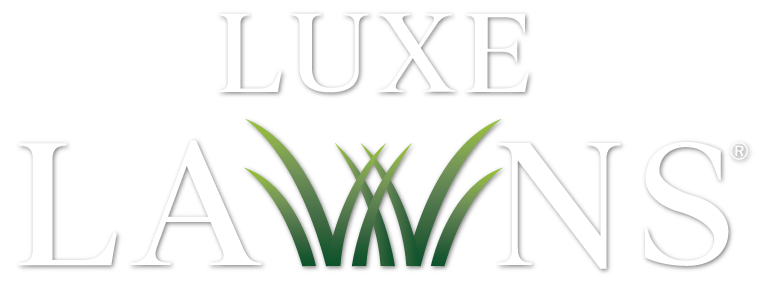The Numbers Don’t Lie: Why Artificial Grass Is the Best Investment You Can Make
May 30, 2023
Although artificial grass may initially cost more to install than simply keeping your regular lawn intact, making the initial investment may save you more money in the long run. Turf grass has many benefits – it looks stunning year-round, requires little maintenance and saves you money on your water and utility bills. Below is a list of several factors that may help you to determine whether or not synthetic grass is the right choice for your budget and your landscaping needs.
Artificial Grass Saves You Money & Time on Lawn Maintenance
While some may be skeptical about installing a synthetic turf lawn due to the upfront cost, one of the most practical financial reasons to replace your natural grass lawn with artificial turf is that the majority of the costs associated with an artificial grass lawn are related to installation. The maintenance associated with keeping up your synthetic grass lawn is very minimal – all you’ll really need to do is fluff or power brush your synthetic turf lawn once a month, rake off any excess debris as needed and reapply infill once a year. Additionally, if you have any pets that use the lawn, you should hose down the turf once a week to get rid of any residual pet urine.
While natural grass is much cheaper to install, it is far more costly to keep up with in terms of both time and money. On average, the typical American homeowner spends 70 hours per year on lawn maintenance.
The average cost of maintaining a synthetic grass lawn is approximately $281 annually ($175 for power brushing, $72 for water costs associated with hosing down the lawn and $100 at minimum for infill replenishment), compared to a whopping $2,002 annually for a natural grass lawn (this figure includes the costs for mowing, cleanup, fertilization, aeration, weed abatement, sprinkler repair and watering). Overall, a synthetic grass lawn is a far better investment in the long haul.
A Synthetic Grass Lawn Helps With Water Conservation
Approximately 9 billion gallons of water are used in the USA daily just to water lawns – roughly half of that is wasted due to overwatering and improper irrigation methods. Making the switch to an artificial grass lawn is the perfect way to do your part in conserving water while also saving time and money on your end.
While an artificial grass lawn does require a weekly or biweekly spray down to remove any debris or pet urine, the money spent on watering an artificial turf lawn is merely a fraction of what you’d spend on a real grass lawn. A standard 1,000-square-foot natural lawn requires roughly 623 gallons of water per week for six months out of the year, while a synthetic grass lawn only needs 78 gallons per week for the same time frame. During the dry months in Phoenix, your synthetic turf lawn will still look gorgeous and well-maintained.
Synthetic Grass Helps The Environment
Contrary to popular belief, synthetic grass is actually beneficial for environmental conservation. Many people need to realize the numerous negative impacts that a beautifully maintained natural lawn can have on the environment. The EPA estimates that, on average, lawnmowers account for 5 percent of America’s pollution each year. Pesticides and fertilizers have harmful implications on groundwater and can wreak havoc on streams and rivers. Several standard lawn chemicals have also been known to cause algal blooms and are toxic to fish and pets.
The constant upkeep of the traditional American lawn is both harmful to the environment and costly in a variety of ways. Making the switch to an artificial turf lawn is a surefire way to reduce your carbon footprint.
Artificial Grass Installation in Phoenix, AZ
Luxe Lawns is here to help Phoenix residents curate the perfect outdoor space using our state-of-the-art synthetic turf products. We take pride in providing top-tier service to Arizona’s Greater Phoenix Metroplex and would love to assist you with turning your backyard into a curated eco-friendly paradise. If you’re interested in scheduling a consultation, call us at 480-906-2445, or fill out our contact form.




